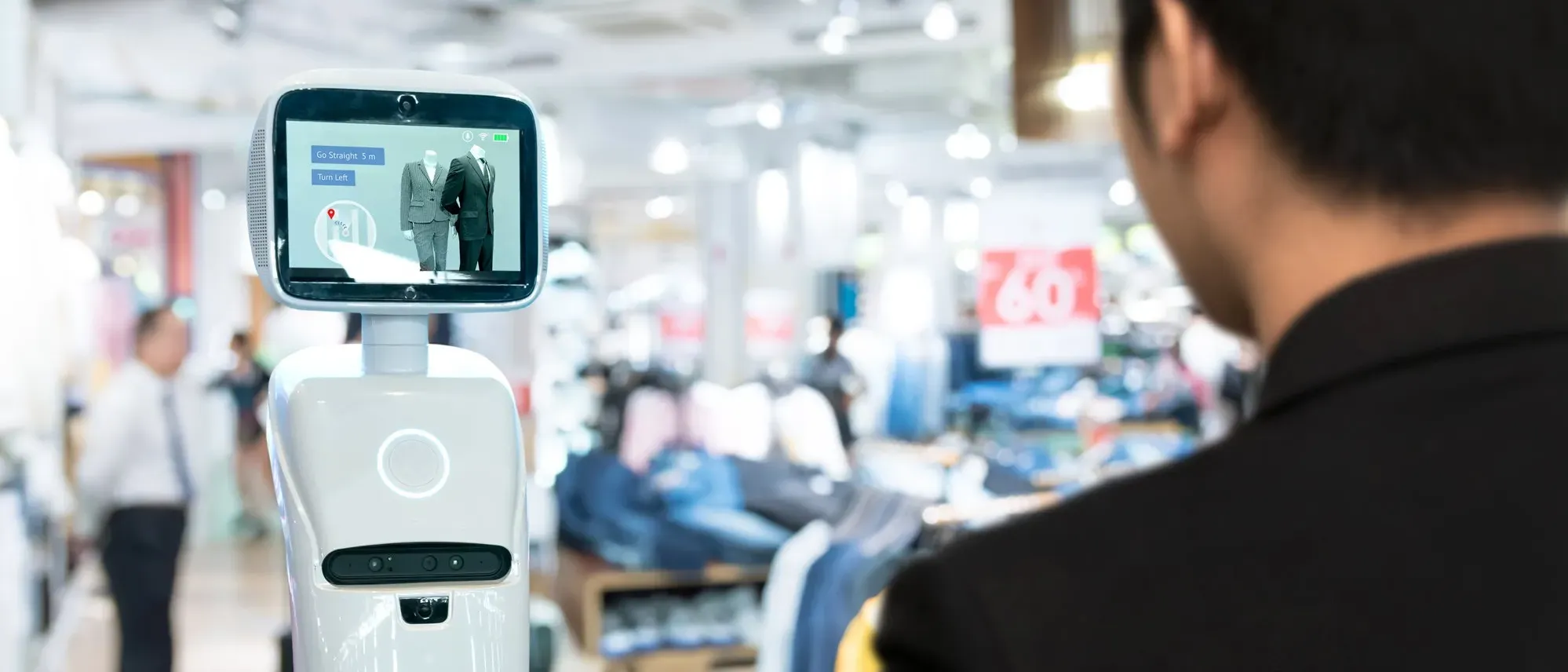Diversity and inclusion are at the heart of our company policy. We firmly believe that encouraging and supporting more women into digital and artificial intelligence (AI) professions is a major priority to increase trust. What initiatives should be put in place to promote gender equality in these types of roles?
Artificial intelligence, balancing trust and potential biases
Artificial intelligence is playing a significant role in transforming our daily lives. It’s being used to design smarter cities, optimise transport and meet new consumer expectations by enabling the provision of automated solutions. Even in sensitive sectors such as education, health and safety, where justice and fairness are essential, algorithms are increasingly employed to aid decision-making.
However, while AI makes it possible to solve complex problems in an innovative, personalised and efficient way, there is also the risk of proposing biased solutions, particularly in terms of gender. In 2018, a study(1) showed that a facial recognition algorithm was 99% reliable for identifying a man, but its margin of error increased to 35% for recognising a dark-skinned woman.
To combat all forms of discrimination or unconscious risk of bias related to data processing, Orange joined forces with the Arborus Endowment fund in April 2020 to launch the International Charter for Inclusive AI. The charter aims to be a reference for all companies committed to diversity and inclusion.
In December 2020, Orange became the first company to receive the GEEIS-AI (Gender Equality European & International Standard for Artificial Intelligence) label, confirming its commitment to digital equality.
The key: diversity in AI professions
There are hidden risks of developing biased solutions when designing algorithms or collecting data. Bias can also exist in the way problems are solved. To avoid the risks and design more inclusive algorithms, it’s important to ensure better team diversity among AI specialists and also raise awareness of these issues among experts.
Today, according to the World Economic Forum (2), only 22% of AI expert, designer or developer professions are female. A particular effort must therefore be made so that both women and men can acquire the same level of expertise and have the same opportunities throughout their careers.
At Orange, we know that integrating more women is as beneficial to them as it is for the advancement of new technologies that can enable progress for everyone.
14 %: this is the proportion of women in the EU graduating in STEM (Science, Technology, Engineering and Mathematics)
Our diversity commitment
Gender diversity is a question of equality and also a priority for progress. For more than 15 years, we have been proactive when it comes to professional diversity, especially within technical or digital roles. Today female representation is 35.6% as at 31 December 2020 for our workforce worldwide.
In May 2019, Orange signed a Manifesto for retraining women in digital professions and are setting up programmes such as “technician classes” in France.
To address the issue of recruiting more women into technical professions and reinforce our existing actions to achieve our 2025 objectives, in 2020, Orange also launched its Hello Women programme.
Gender diversity in digital professions will enable the development of inclusive and trustworthy AI. At Orange, only skills count.
